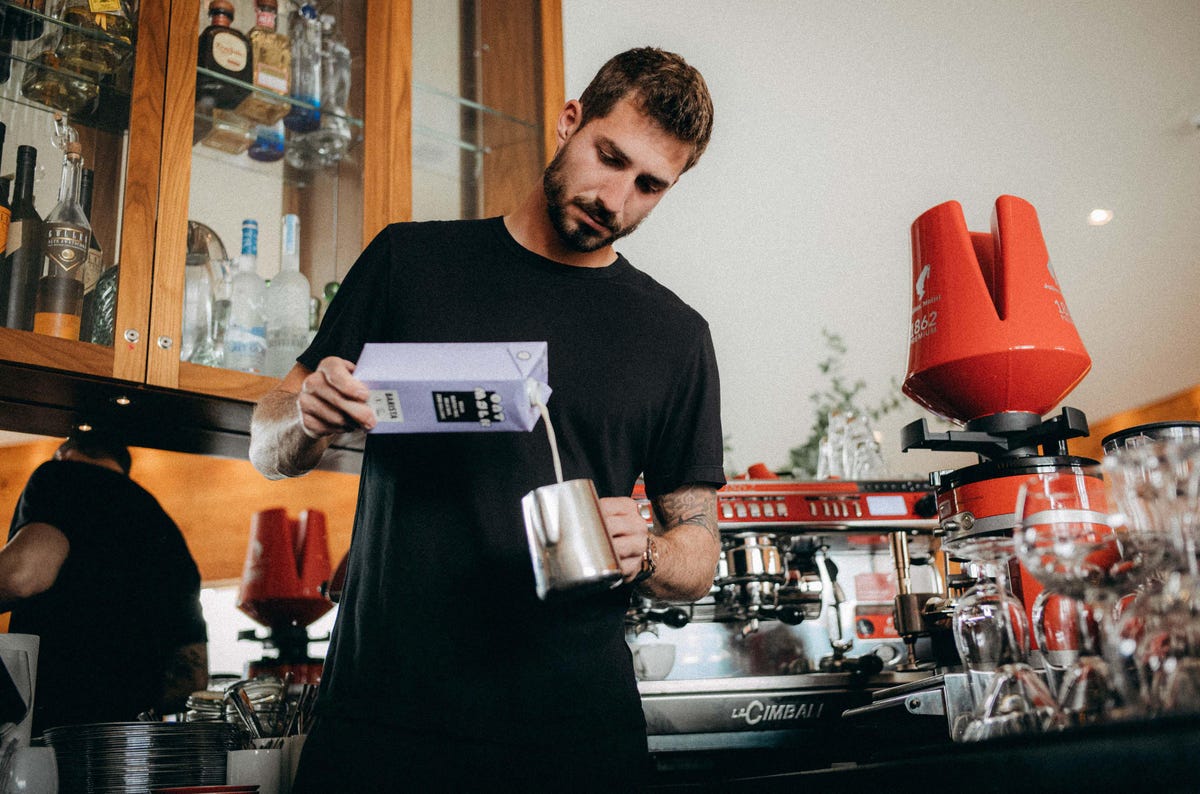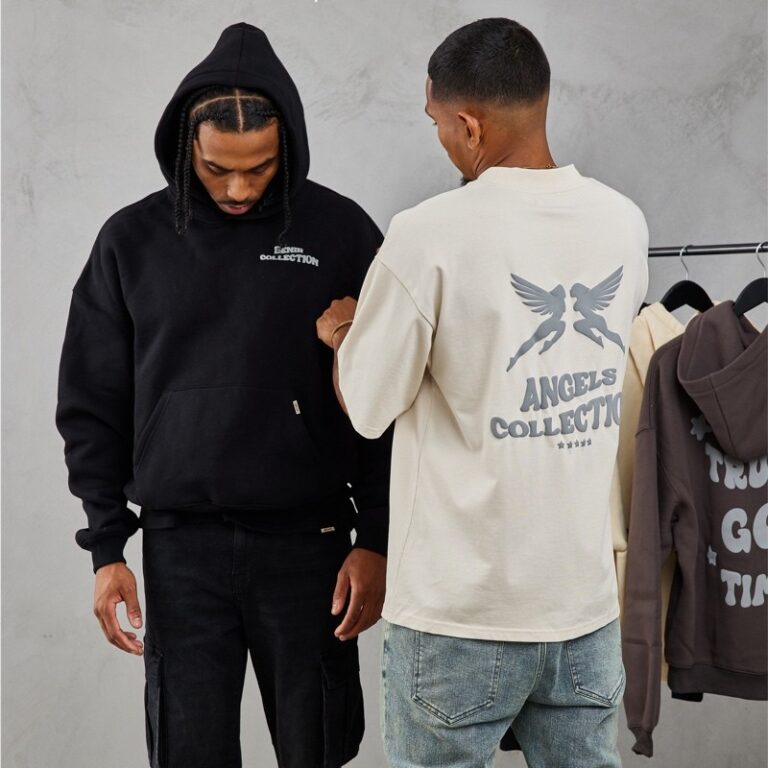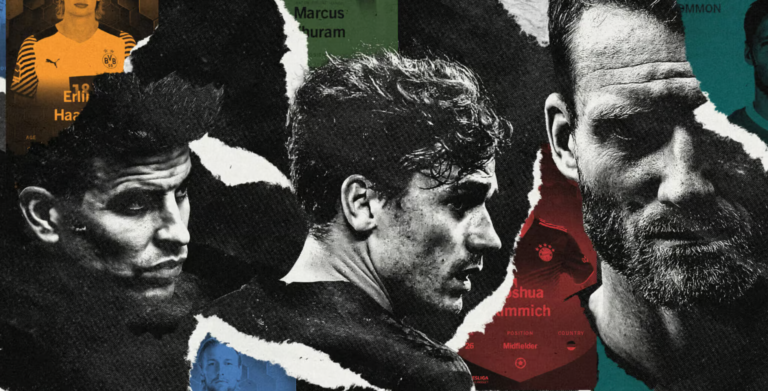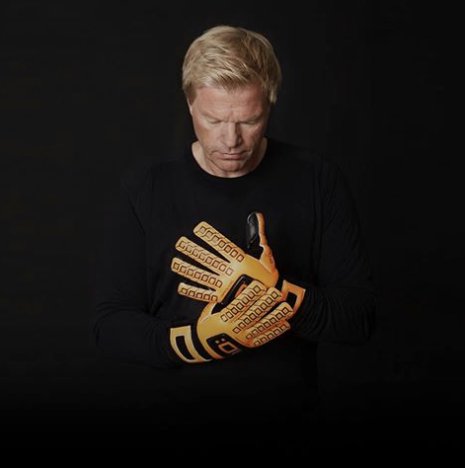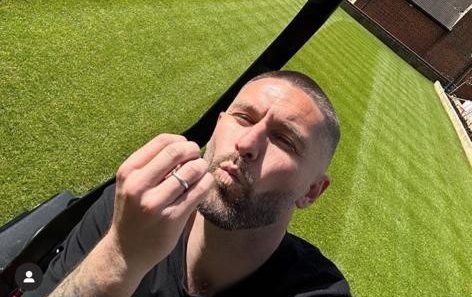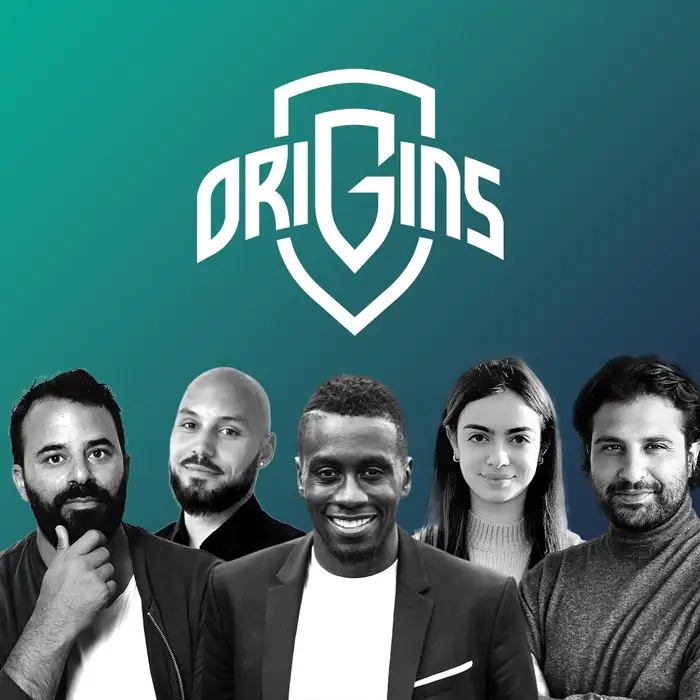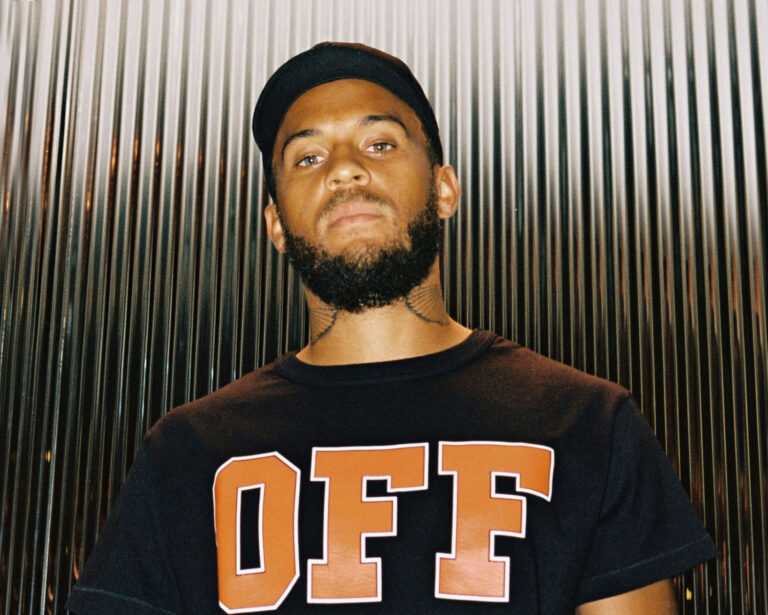Next time you’re dealing with a difficult situation, don’t get frustrated – think about how you could turn that problem into a profitable solution!
Where there are problems, there are solutions, and where there are solutions, there are businesses.
Cars polluting the environment? – Tesla.
Can’t find a taxi? – Uber.
The kettle takes too long to boil? – Quooker.
Dog too small to jump onto the bed? Alpha makes around $35 million in revenue a year!
Kevin Trapp, Eintracht Frankfurt’s Goalkeeper, found a solution to a problem he was facing – dairy intolerance. He found a solution in oat milk and turned it into a business.
Let’s take a look at Kevin’s business, Moelk, and the key takeaways for you and how to look at your problems as business opportunities.
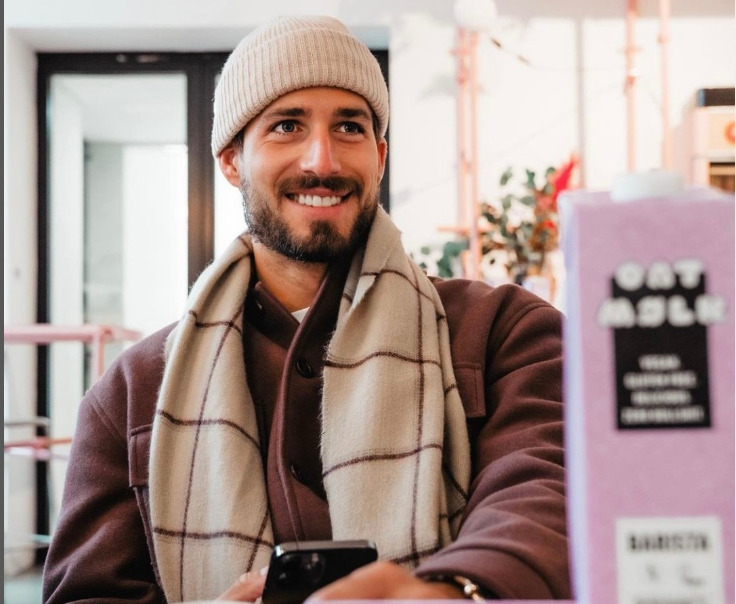
Does this problem apply to anyone else?
Here’s the first question you should ask when looking at any problem, especially one you think could be a business opportunity.
Does this problem apply to anyone else? In other words, is there a market? The answer, in this case, is yes. Trapp wasn’t the only person experiencing discomfort from dairy. Health is a significant factor behind consumers choosing milk alternatives.
This includes people with dietary issues, like Trapp, as well as those seeking less saturated fat.
Trapp and Moelk have doubled down on the health problem. “Zero bullshit” is Moelk’s tagline, and through the business’s formulation, Trapp used Eintracht’s nutritionists to assess the ingredients and ensure they were nutritious.
This separated them from the existing solutions to the dairy problem. For example, Oatly, the world’s leading oat milk brand, contains canola oil, and many other brands include soy.
This gave Moelk a chance to double down on not only being the best alternative but having wholesome ingredients too. So think. If there is a market for your problem, is it growing? Is there a trending topic that you can tap into?
For Trapp, dairy-free alternatives are part of a trend towards plant-based foods. The number of vegans in the UK quadrupled between 2014 and 2019, and increased awareness of climate change encourages people to rethink dairy consumption.
This means that the total market of people looking for oat milk is growing.
What other growing trends can steer consumers towards new brands.
Niches get riches
Let’s say you want to offer a fitness service to teach people how to get in shape. That’s a big market. You’re competing with deep pockets, and you’ll likely get lost in the fitness noise. So, get specific. How about a fitness service for people with physically demanding jobs?
Okay, better… You’ve cut out all the people just thinking about getting in shape or doing it just for appearances. We want people who, in theory, get a direct benefit from being in shape, and in some ways, it is required for their everyday life.
You might be up to 5% conversion on this targeted traffic, but we can do better.
Let’s niche all the way down to offering fitness training for firefighters. This may seem like a tiny audience, but millions worldwide exist!
The point is that when you are laser-focused, you can drill down on only doing the activities that appeal to a smaller group. You can market where they hang out and tailor the product to their wants and needs.
How Moelk did it
Moelk is a milk alternative.
Moelk is a healthy milk alternative.
Moelk is a healthy milk alternative for barista milk (foamy milk taken with coffee).
Moelk is a healthy vegan alternative for baristas and people that love coffee.
Moelk was able to get a foothold in the market by targeting coffee drinkers who needed a milk alternative. In this small space, they could build a brand, a reputation and a following.
And from this thin end of the wedge, they have been able to scale up into accompanying products such as oat milk porridge (people drink coffee in the morning!) and even coffee beans. But their core offering remains the same, targeting their niche.
Remember, Amazon started by JUST selling books!
Do I know someone who could solve this?
Finally, who can you leverage in your network to help you solve this problem?
In Kevin’s case, he’s an athlete who knows there are health benefits to going dairy free, but the other members of Moelk’s founding team all worked in the beverage industry.
Alexander Schiffl worked in the wine market and understands product distribution, whilst Luel Mulugeta and Guy Leon run a chain of restaurants and cafes in Frankfurt and had struggled to get enough oat milk for their businesses.
Whilst Trapp could leverage his position as an influencer to market the brand. To ensure the product was of the highest quality, he needed other expertise in the business. It takes a team!
Are there others in your network who see the same problem differently? How can you collaborate to find the solution?
Alternatively, can existing companies partner with you to find a solution? Recently KSI and Logan Paul partnered with CPG company Congo Brands to create Prime.
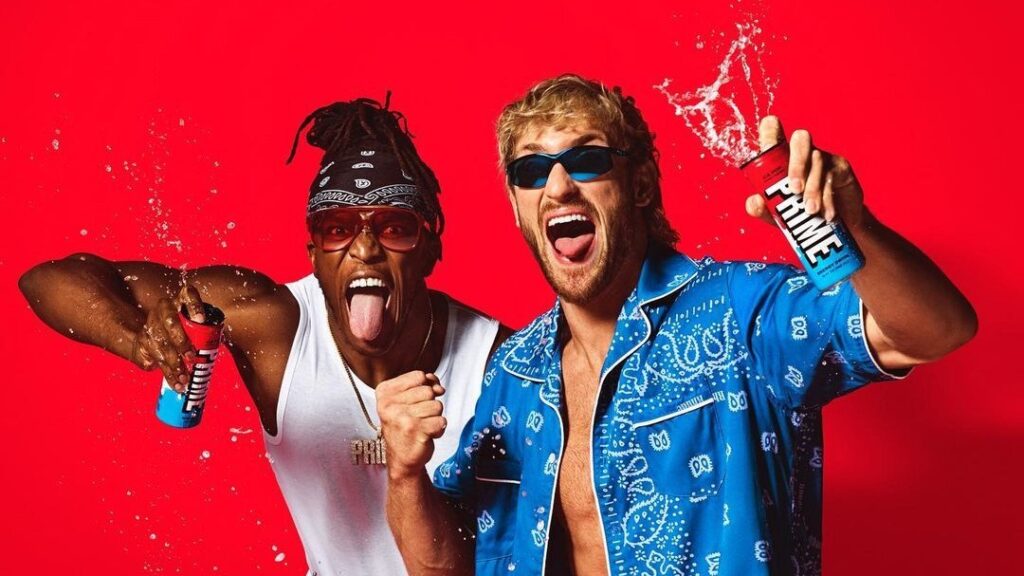
KSI and Logan Paul could handle the branding and marketing, whilst Congo Brands took a distribution. What do you understand better than most that other people can tap into?
All businesses exist to bring solutions to problems. So next time you find yourself complaining, find yourself a company.

